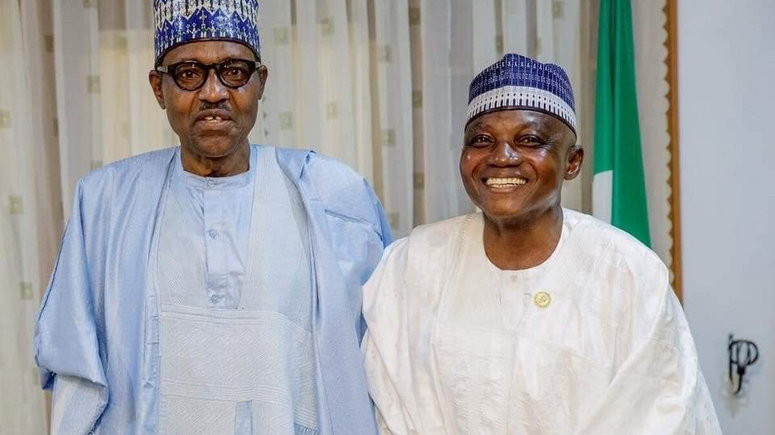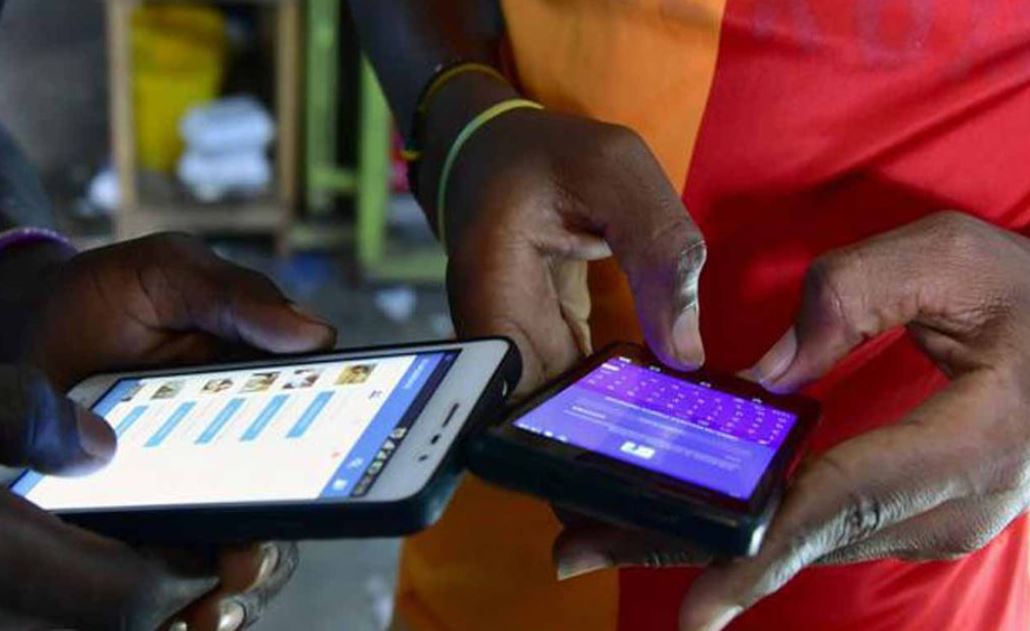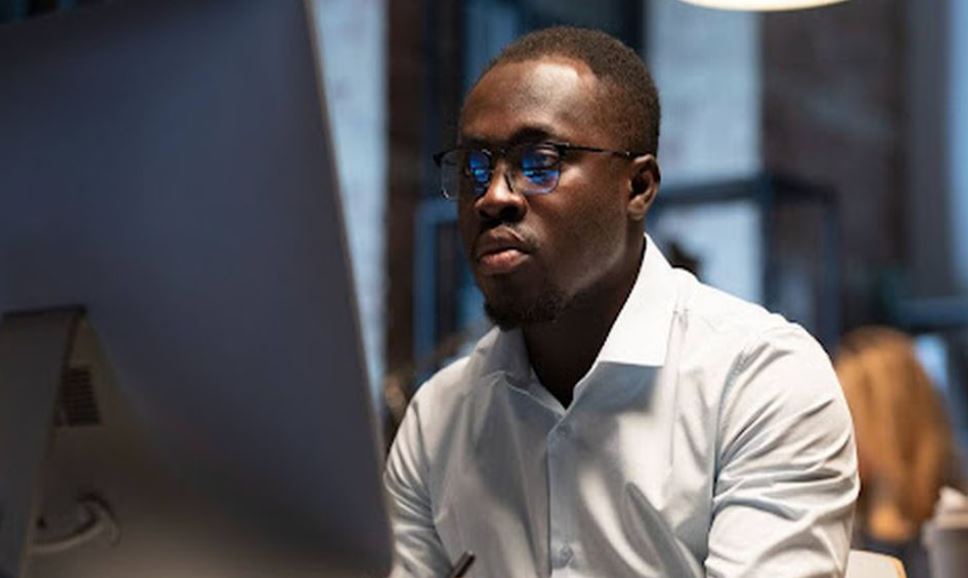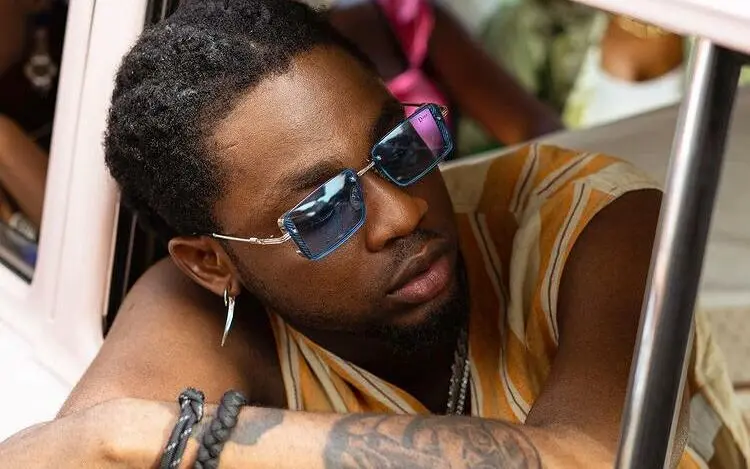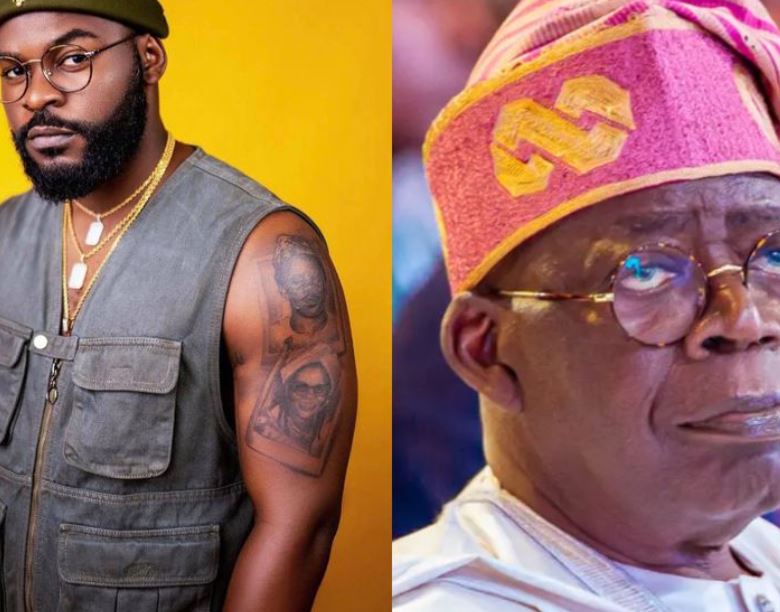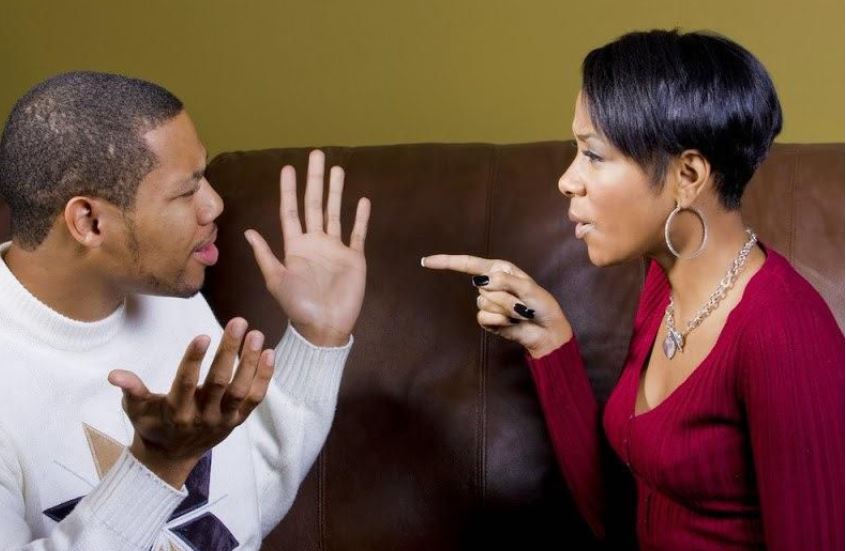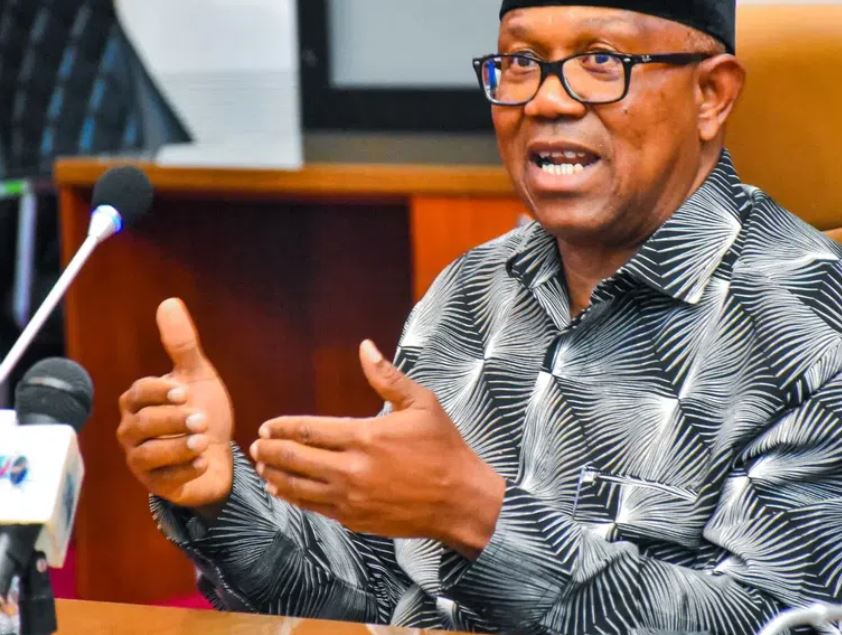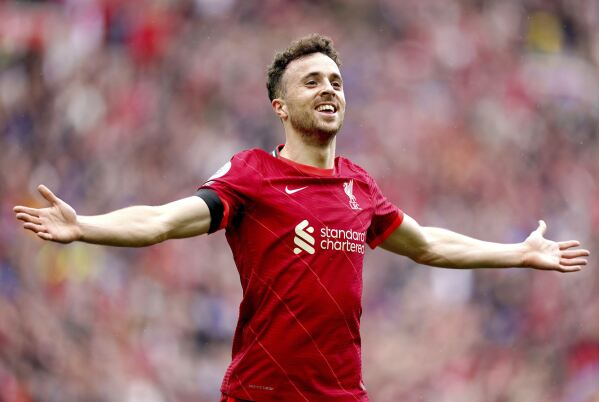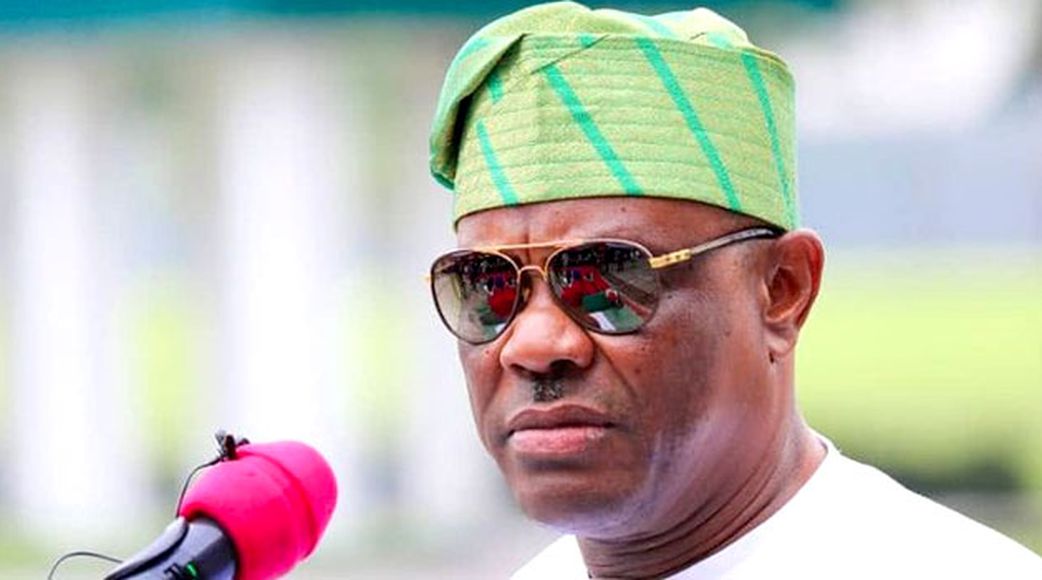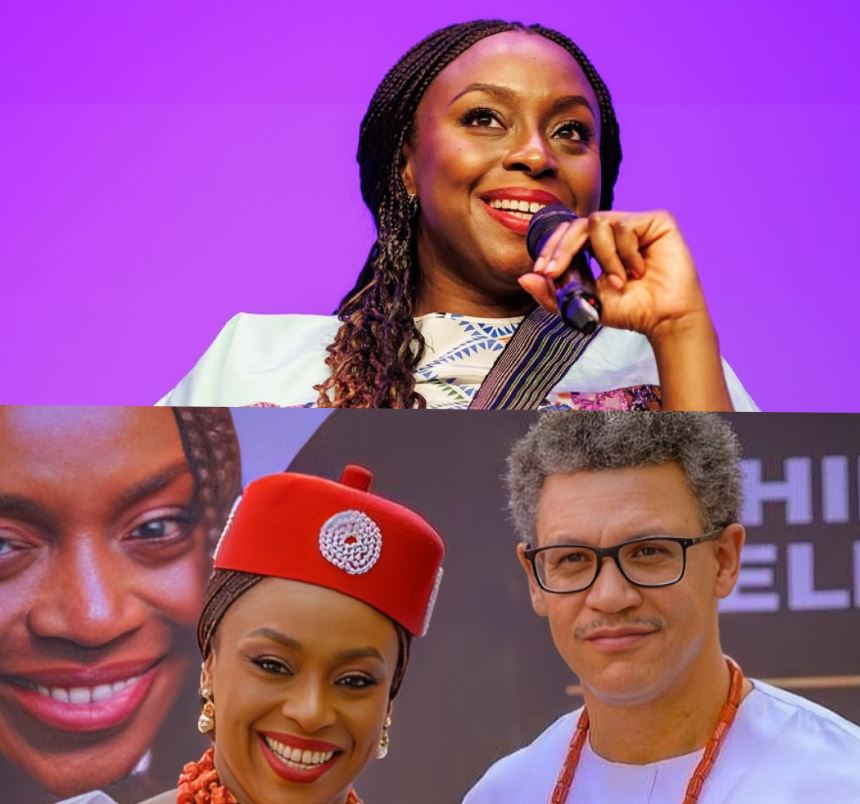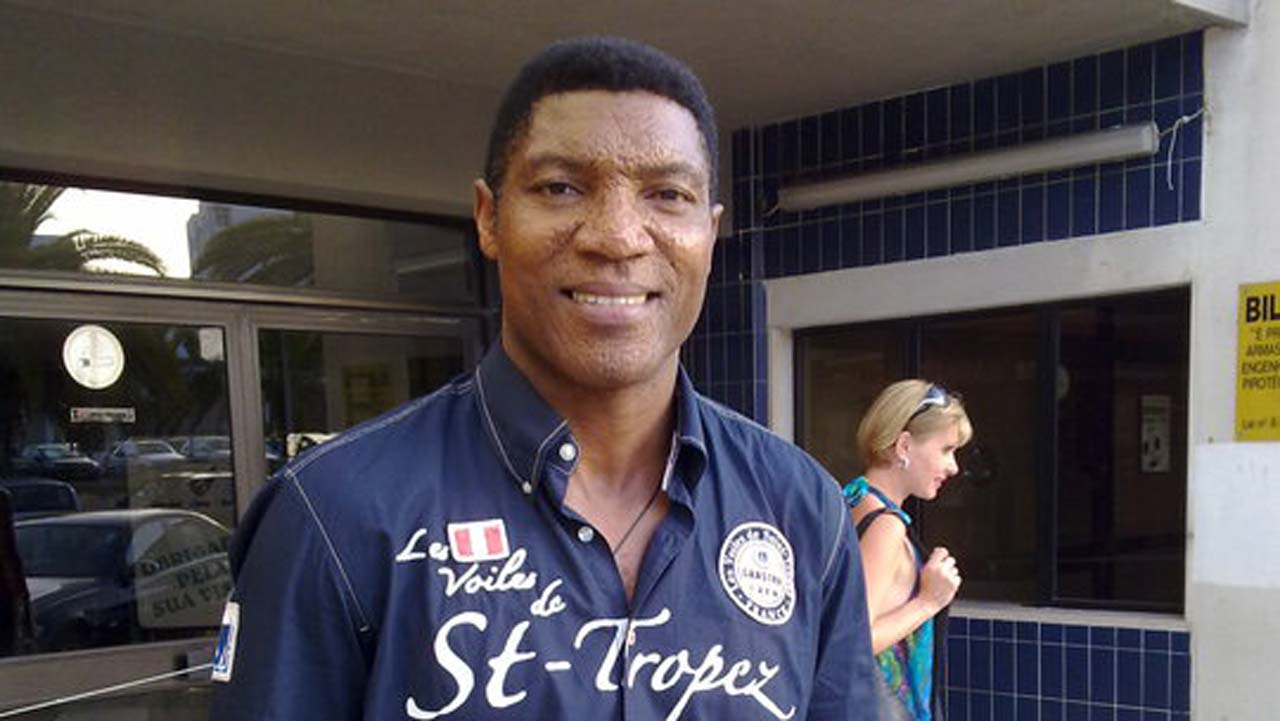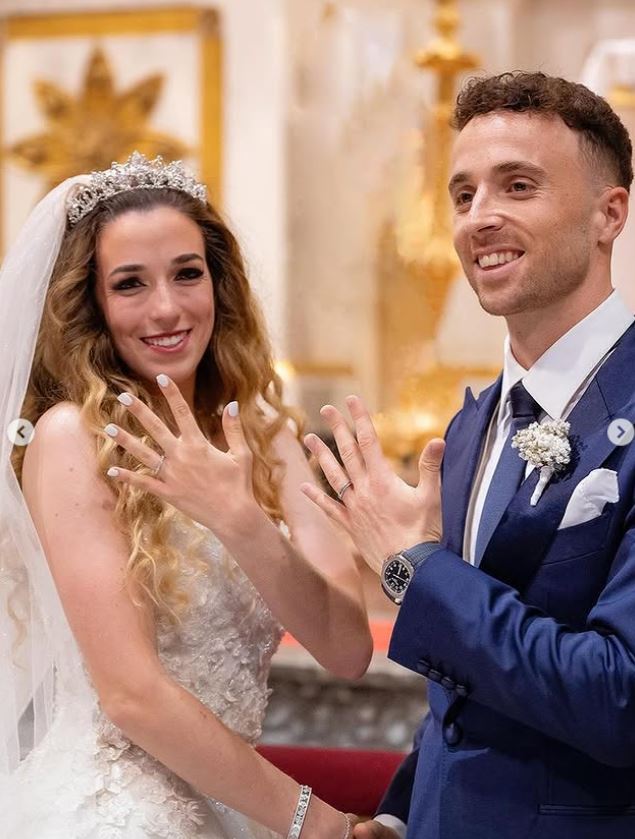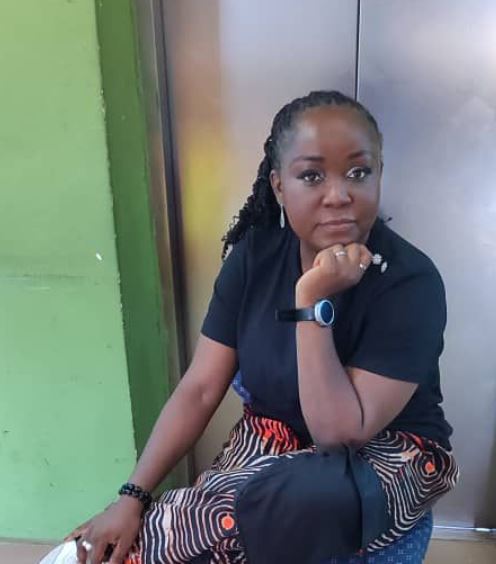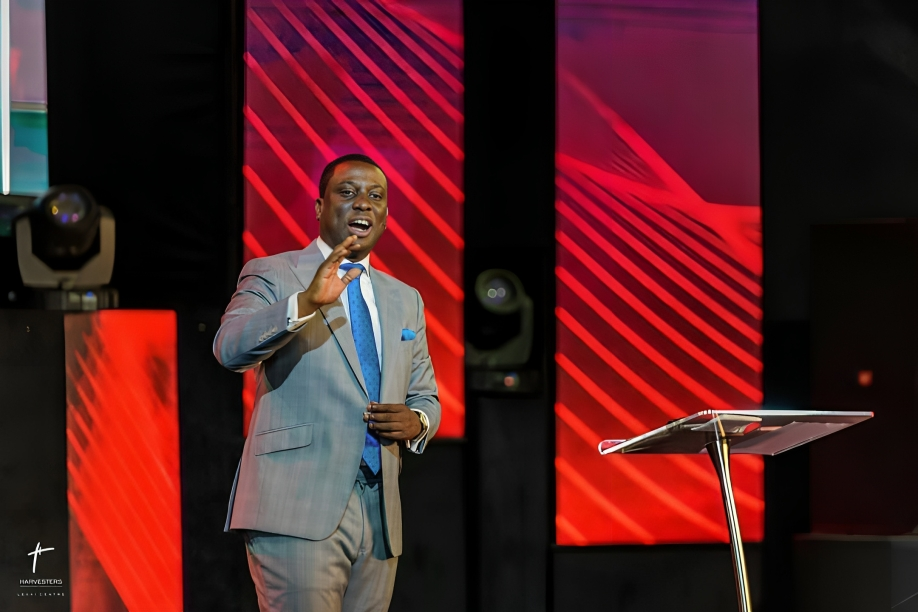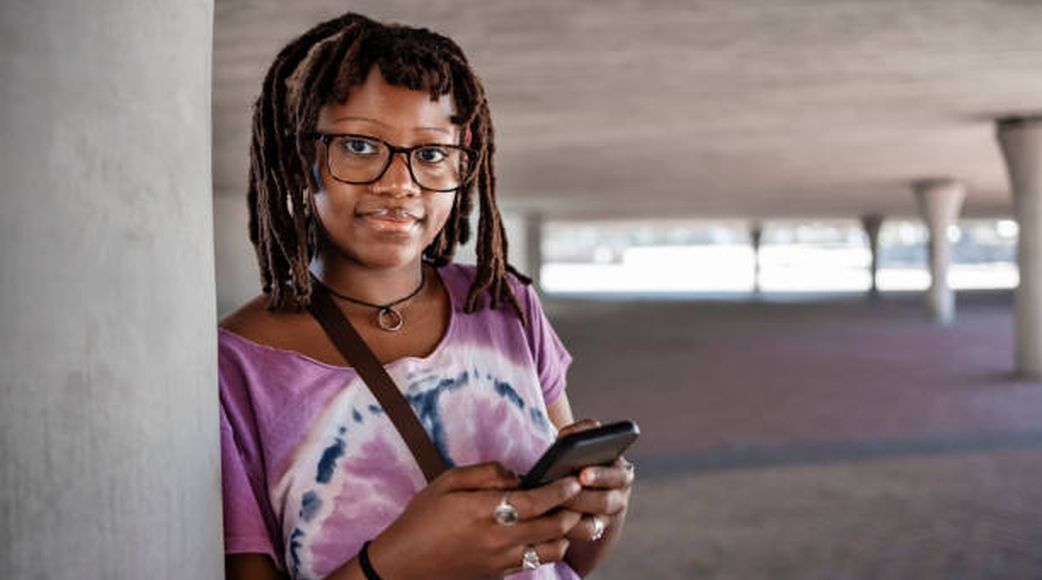
CNN International anchor Isha Sesay recently offered some harsh criticisms of American media outlets for not focusing on the impact Ebola has had on thousands in Africa. Instead, Sesay suggests, outlets have centered coverage around the “few cases” in the states. She said the coverage has made her an “angry black woman.” The anchor told audience members the worldwide response to the Ebola crisis in Africa has been “inadequate.” She also railed against American ignorance on Ebola:
This is according to a report by Channels24.co.za
I am an angry black woman. I have a very tense relationship with the story because I’m living in the United States but my family is in Sierra Leone. My mother, brother, grandmother – most of my family – are in Sierra Leone right now.
I’m in a place where America has taken this, in my words ‘bizarre’ approach to this public health emergency on our continent and the media in the United States has made it all about them and their few cases.
I was at the airport a couple of weeks ago and the driver was picking me up. I was there at the baggage carousel. And he said ‘Where are you from?’ And I said ‘I’m from Sierra Leone.’ And he took a step back from me. And I thought: ‘Wow. How wretched a job have we done as the media that people think that just because I’m from Sierra Leone, that just being in my presence, regardless of whether I was in Sierra Leone or not, that I’m somehow inherently a carrier of Ebola.
What I’m seeing in the United States is this lack of knowledge. And not just a lack of knowledge, but also a lack of empathy for what we are going through right now on the continent. So I’m in a really difficult space right now.
The coverage of Ebola to date – before we moved to the situation where we’re now where the focus is so much on America and the fear that the Western hemisphere is going to be taken over by Ebola – the coverage of the continent had fixated on the continent, and so little on the people.”
It was all about the disease stripping us of our dignity, that the stories of the people – what it is doing to individuals and families and communities – haven’t been told as much. We haven’t as media been that committed to telling it in as much as the continent deserves.
I’m the co-founder of eboladeeply.org because I want to change the discourse around Ebola and really bring in the voices of our people who are suffering, who may not be suffering from the disease directly but are being impacted.
The media need to hold the international community to account, to say ‘Where are you?’ We have an Ebola UN emergency fund and there’s very little money in it. We have pledges being made, but the pledges aren’t being translated into action.
We have some countries saying they’re going to step up and a lot of countries sitting on the sidelines.
Where are we as the media asking those questions and holding people accountable, and staying on the stories and not averting our gaze and being sidetracked to cases of three people in the United States – people whose lives are valuable, critical – we don’t want anyone to die, but again, the epicentre is on the African continent. The responsibility lies with the journalists here in Africa to ask the questions.
We have to realise that the clock is ticking. The world has never anything like this and the world really doesn’t know how to deal with numbers that is being put out there that could become a reality.
The media needs to do their part in getting the facts out, asking the questions, staying on this story and tracking it and looking at the resources coming into countries.”
“There’s a lot of stories to be told. There’s an information gap here. In the absence of information there’s hysteria. And there’s inertia.
I interviewed a survivor of Ebola from Liberia who not only has been cast out but his children are being cast out. He told me his car broke down the other day and the mechanics and they wouldn’t touch his car.
Seshay has thrown her support behind Ebola Deeply, an “independent media project,” which she says is committed to sharing the news and information needed to stop the spread of the Ebola virus.

